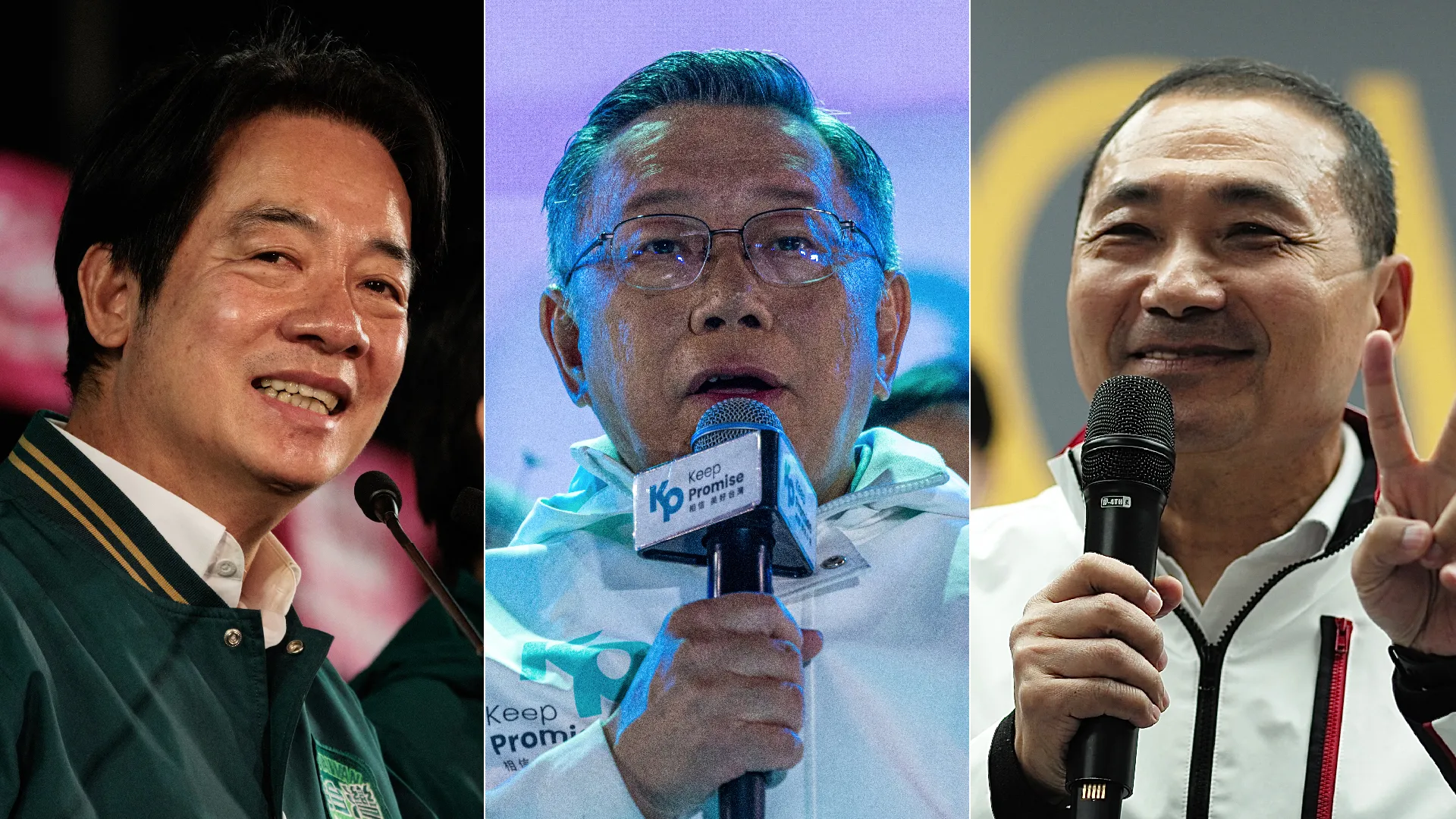On January 13, voters in Taiwan will cast ballots to choose a new parliament and president amid escalating hostilities between the self-governing island and China, which has increased its military posture in the South China Sea and Taiwan Strait in recent years.
After Tsai Ing-wen, Taiwan’s first female president finishes her second term in office after winning elections in 2016 and 2020, the people of Taiwan will select a new leader to replace her. Tsai belongs to the Democratic Progressive Party (DPP), which is despised by the Communist authorities in China because it sees Taiwan as a separate country rather than as an extension of China, as Beijing claims. Term constraints prevent her from running again.
Three contenders will compete for the presidency in this election. Hours before the deadline to formally register as a candidate, billionaire Terry Gou, the founder of Foxconn, Apple’s largest supplier, withdrew as a fourth possible candidate.
The opposition is made up of the Taiwan People’s Party (TPP), a moderate alternative party that was only established in 2019, and the Kuomintang (KMT), a Chinese nationalist party that fled to Taiwan in 1949 after losing a civil war and governed the island with an iron grip for almost 40 years. Their leaders argued on live television, leading to their registering independent presidential campaigns, and they were unable to unite to challenge the incumbent DPP.
In 1996, following decades of martial law enforced by the KMT, Taiwan had its first direct presidential election. Since then, the only presidential candidates to win are those from the two major parties, the KMT and the DPP.
Every four years, Taiwan has presidential elections that are won by a simple majority of votes. There is a two-term restriction for presidents.
In a three-way contest with no apparent favorite, voters will select their president for the ninth time on Saturday.
Taiwan’s Electoral Foundation
In Taiwan, around 20 million voters can cast ballots at approximately 18,000 polling places in the presidential election. There will be about a million first-time voters.
One of the biggest political divides on the island has been over identity, which is connected to Taipei’s contentious relationship with Beijing. Research indicates that voting patterns in prior elections were strongly influenced by this topic.
Taiwan has never been under Chinese rule, but the country’s governing Chinese Communist Party (CCP) nevertheless considers it to be part of its territory. For years, the CCP has pledged to use force if necessary to “reunify” the island with the Chinese mainland.
Adult citizens have been asked about their national identification in surveys conducted by the Election Study Centre at National Chengchi University since 1992. More and more respondents during the last ten years have identified as Taiwanese only.
